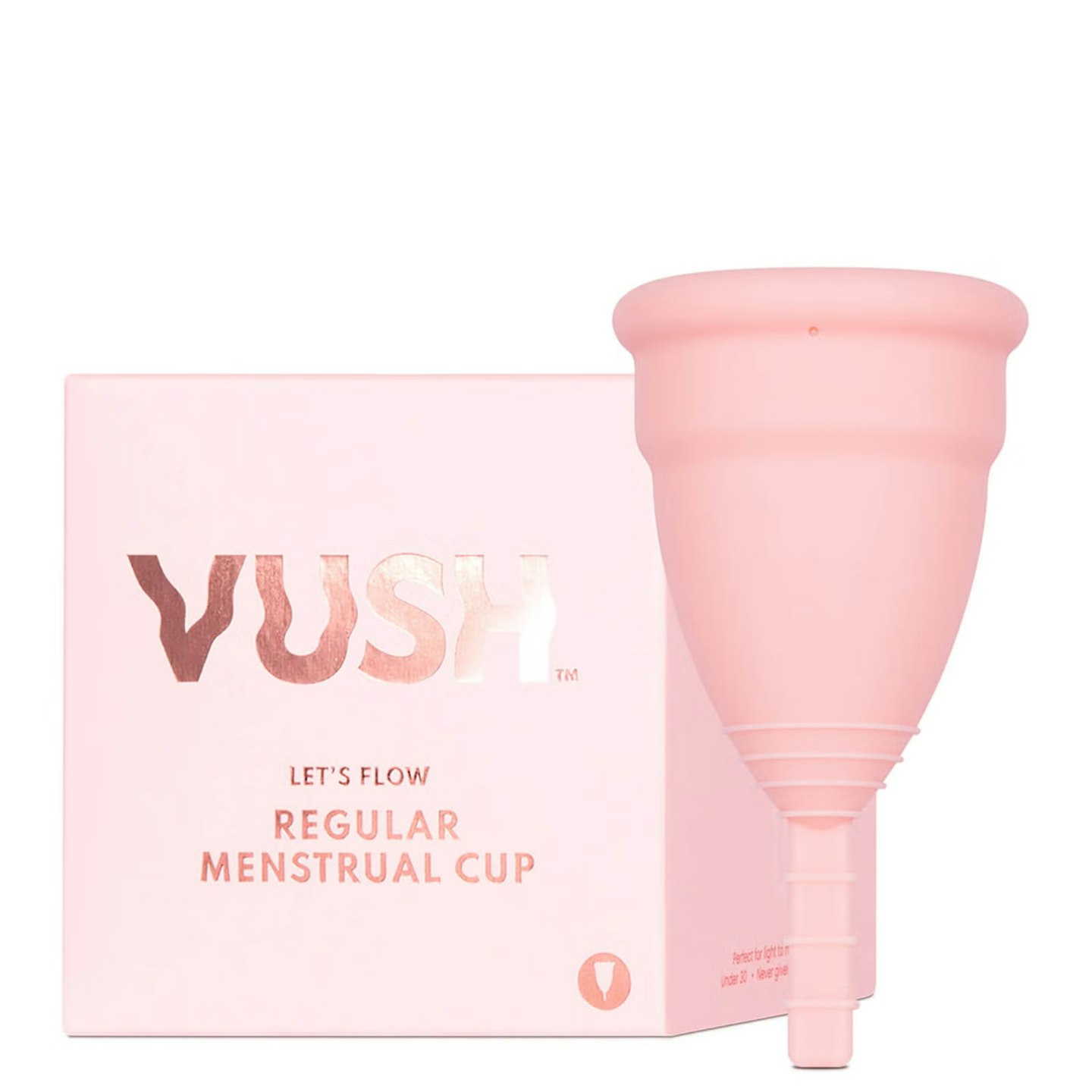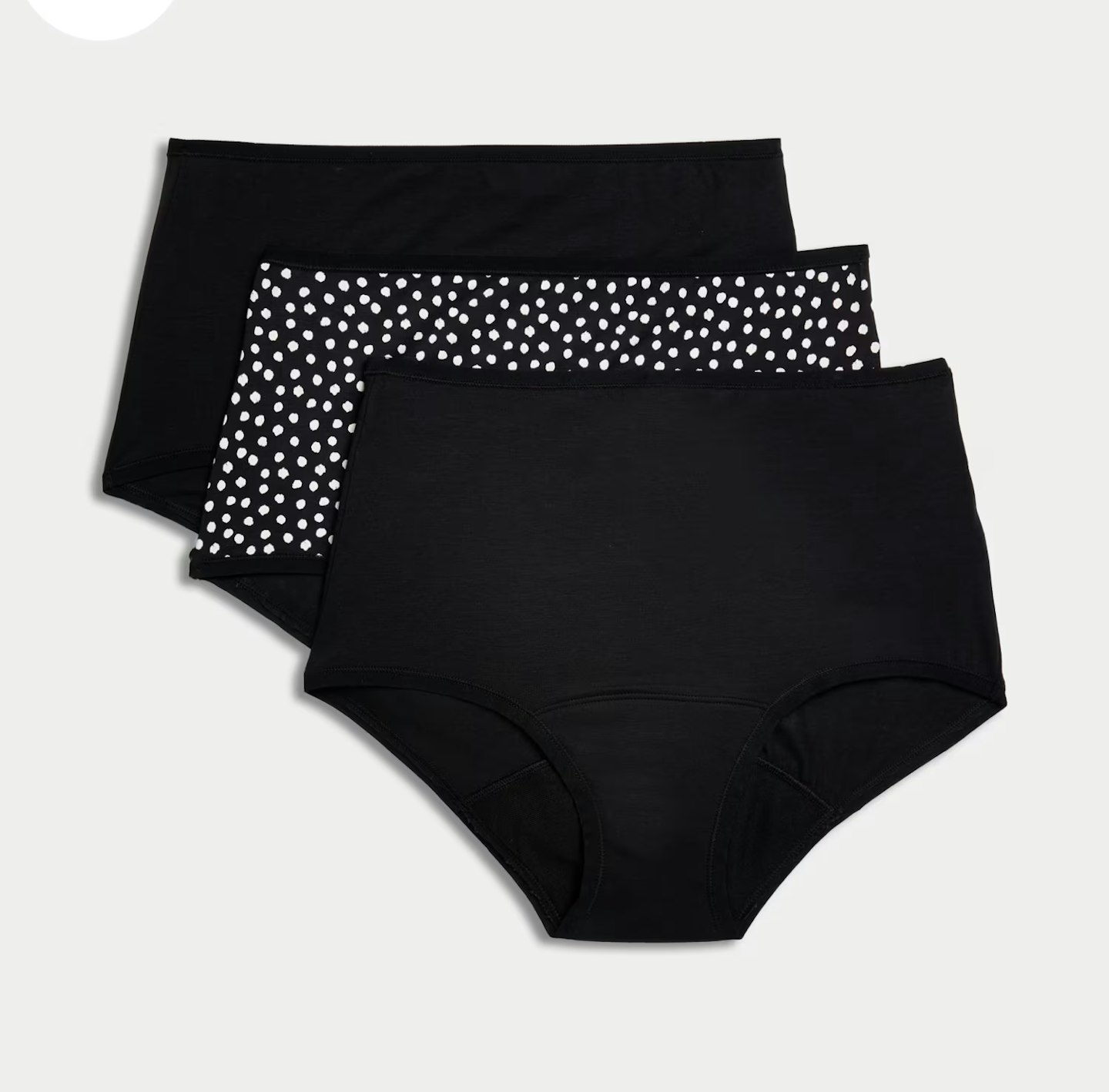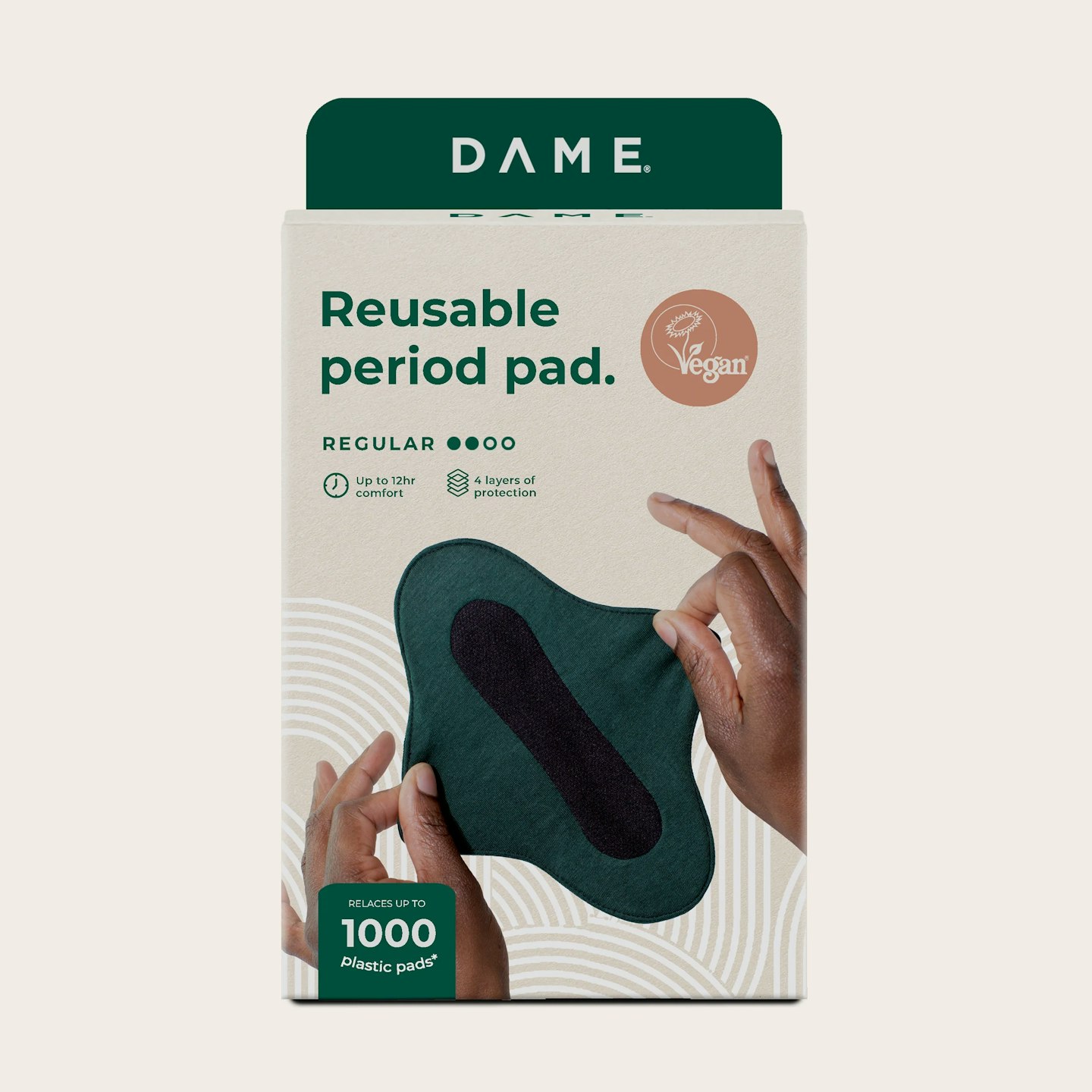Another day, another news story for women to lose sleep over. From the allegedrisks associated with the contraceptive pillto statistics revealing an increase in maternal mental heath problemsthere’s a seemingly never ending barage of bad news when it comes to the female health agenda. Last week, a new item got added to the swelling list. Tampons. As if the monthly bleeds, cramps, bloating and hormone swings weren’t enough to contend with, we've now been fed the news that traces of toxic chemicals and metals have been detected in a range of tampons sold in the United States and Europe. Naturally, people have started to panic.
A new studytested for concentrations of 16 metalloids and was carried out across 30 tampons from 14 different brands (which are yet to be disclosed) purchased from shops across the globe (New York, Athens and London) as well as from two online retailers. The analysis showed that ‘elevated mean concentrations’ of lead, cadmium, and arsenic were found in all of the tampons tested with traces of 12 different metals also found in 100% of the samples. Zinc was the biggest culprit, found in the highest concentration, while ‘lead concentrations were higher in non-organic tampons’, with organic tampons having higher levels of arsenic. ‘We honestly were shocked by the results,’ said Marianthi-Anna Kioumourtzoglou, an associate professor of environmental health sciences at Columbia University and one of the authors of the study.
The researchers' surprise had nothing on the meltdown that the internet had once it got hold of the report. ‘Soo nice of them to let us know they found LEAD & ARSENIC in our tampons 20 years after I started my period,’ posted one TikTok user.
Are tampons dangerous?
Before there’s a collective cancelling of tampons, however, it’s important to remember the findings are more nuanced than they might seem.
The levels of metal detected are very low. In fact, we’re often exposed to greater levels of the same metals through other daily activities. Sophia Yen, MD, MPH, co-founder and chief medical officer of Pandia Health, a doctor-founded and women-led online hormonal women’s health clinic, had this to say: ‘We are exposed to higher levels of these toxins in our food and water, rice for example. The study used acid (pH1.2) and heat 180 degrees F which are not the conditions of the vagina. The study showed the equivalent to 240 nanograms, or 936 nanograms, of lead per tampon. The level of lead you might get from drinking one litre of water a day equates to around 5-15 micrograms. One microgram equals 1,000 nanograms. So you would get 5-16 times the lead from drinking water each day than from a tampon. The European Union has a safety threshold of 5,000 parts per billion lead in food, including tea leaves. That’s over 42 times higher than the mean lead levels detected in tampons.’
Still, it’s not exactly thrilling to find out that tampons - something which millions of people use every single month - could be increasing our exposure to heavy metals.
How are metals winding up in tampons in the first place? Well, we don’t really know. The theories posed by the researchers include: the cotton that the tampons are made from has been exposed to metals through the soil, water and atmosphere, traces could have been picked up during or the manufacturing process, or even deliberately added; zinc is a known antimicrobial, for example.
Should we stop using tampons?
In light of the revelations, tampon users have a lot of questions. Are tampons bad for us? Should you use an alternative method of menstruation care? According to Yen the answer is a firm no. ‘The exposure is too low to have an impact.’
However, other medical professionals have professed concern at the potential long-term health effects consistent exposure to metals via tampons could have. Dr. Vijay Murthy, leading Functional Medicine Doctor & co-founder of Harley St. clinic Murthy Health falls into the concerned camp: ‘While the levels found in the study are generally within the safety thresholds established by regulatory bodies like the FDA, it is important to note that there are no long-term studies conclusively proving the safety of prolonged exposure to these toxins through tampon use. Given the nature of tampon usage—regular, monthly use over many years—the cumulative exposure to even low levels of toxins could potentially pose health risks. This is especially pertinent as toxic metals like arsenic and lead do not metabolise or exit the body quickly, leading to bioaccumulation in tissues and organs over time.’
So what does that mean for our health? According to Dr Murthy there is a potential risk of ‘chronic health issues including reproductive harm and endocrine disruption caused by the possible bioaccumulation of toxins in the body over time.’
It sounds scary but it’s important to remember Yen’s words, that the levels of metal are so minuscule that they are unlikely to be harmful. If you are worried, Dr Murthy suggests looking out for ‘persistent skin issues, hormonal imbalances and unexplained health changes’ and talking to your medical practitioner.
So, should we be ditching tampons? Honestly not unless you truly feel as though tampon use is affecting your health. ‘Individuals with sensitivities or pre-existing health concerns should remain informed and might consider alternatives to traditional tampons,’ notes Dr Murthy.
These days, the menstruation care choice is vast. From menstrual cups and organic tampons to cloth pads and period pants, the choice is yours.
While this study does bring up valuable questions about traditional tampons, what it really reveals is that greater regulation is needed within the menstruation industry. For now, Dr Murthy offers this advice: ‘stay informed about product ingredients and support brands that prioritise safety to help protect your health. Regularly update yourself on the latest research and regulatory guidelines to give you peace of mind.’
Shop: The Best Sustainable Period Products
1.
Totm Menstrual Cup
Menstrual cups are one of the most sustainable period care methods. This one from Totm can be reused for up to ten years - that's a lot of periods dealt with by just one product. Made with medical grade TPE, the cup fits snugly to the contours of your body, you won't even notice it's there. And, depending on the heaviness of your flow it can be kept in for up to 12 hours.
Pros
- Tackles single use waste
- Can be used for up to 10 years
- Comfortable

www.lookfantastic.com
Ideal for those with a light to medium flow, this menstrual cup is one of the easiest to use and is made of soft silicone, so it's comfortable. You can wear it for up to eight hours, so you don't have to worry about changing it too regularly throughout the day.

www.marksandspencer.com
If you've never used period pants before, M&S' are among the very best. They're made of soft cotton and have a good shape to them, so they don't feel uncomfortable or look completely awful. This pack of three pairs is also designed for heavy absorbency, so you don't need to worry throughout the day. One piece of advice, however: when trying for the first time, wear them at home to gauge what absorbency is right for you.

wearedame.co
With different absorbency levels, you can choose the pad that's right for you. Customers have said these are much softer than some on the market and they offer four layers of protection to give you peace of mind.
Verity Clark is the Acting Health & Beauty Director at Grazia. Previously contributing beauty editor at the Sunday Times Style Verity has almost a decade of experience writing about the beauty industry.

